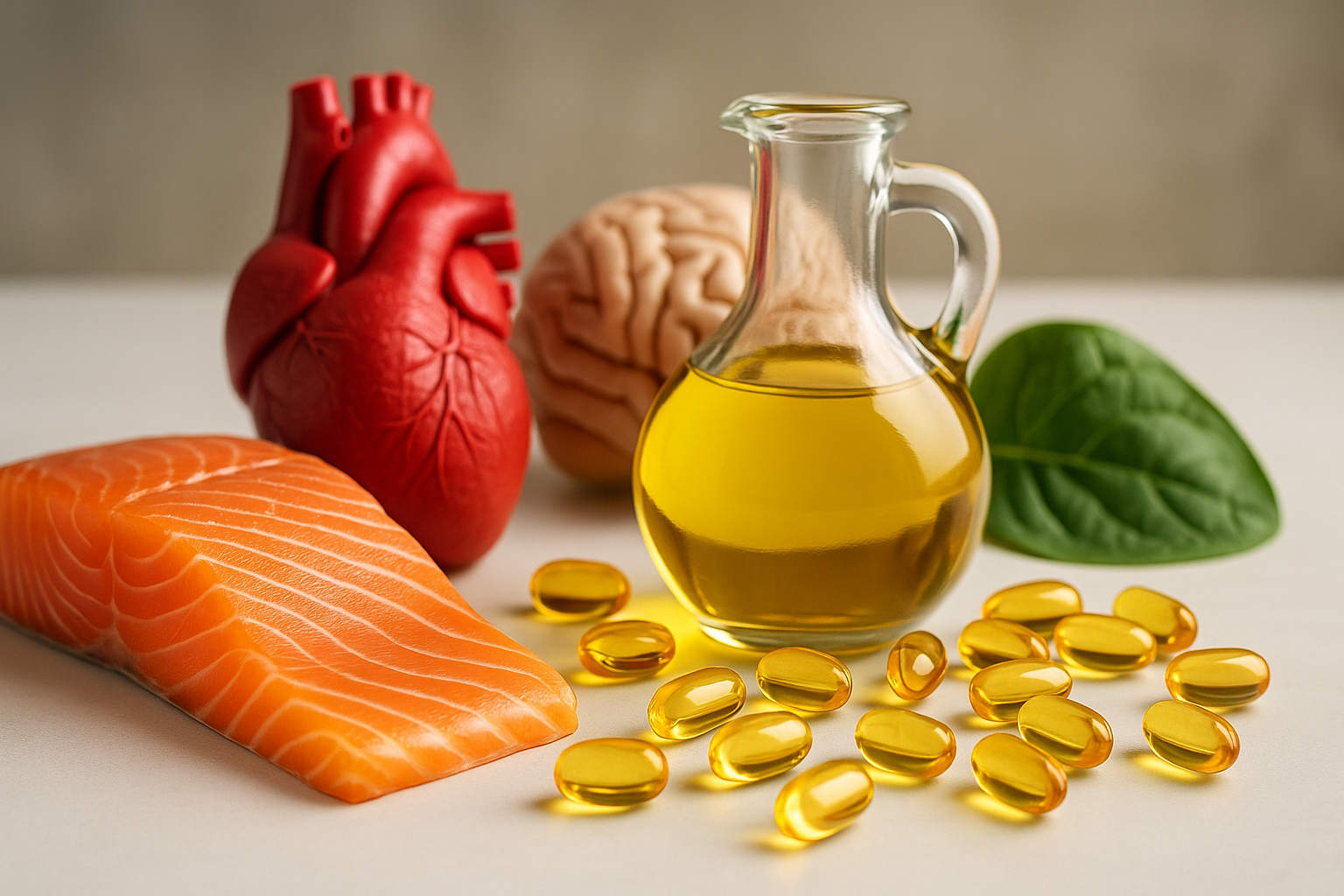
Feasting in autumn and winter is definitely allowed. We should just be careful not to overdo it, and of course our bodies also need healthy things to keep us fit and prevent us from gaining weight in winter.
When the wet, cold and dark season comes, we also like to change our eating habits. Summery light meals, fresh fruit and crunchy vegetables are then replaced by hot stews and soups, sumptuous meat dishes and snacking. Roasted almonds, biscuits, cakes and much more: all this is consumed in great quantities in winter.
"As the temperatures drop, so does the appetite for fatty and hearty food, which quickly makes itself felt on hips, belly and bottom. For this reason, most Germans are a few kilograms heavier in winter than in summer, because we love to feast in the cold season. For evolutionary reasons, we can't help it. The body adapts from the change from summer to autumn and winter to the new season. It changes its preferences for food and demands an increased energy supply," says Natura Vitalis founder Frank Felte (www.naturavitalis.de). The company from Essen has long been considered one of the leading manufacturers of natural food supplements and places the highest value on continuous further and new developments of health products on a scientific basis.
That's easy to explain. In winter, we feel we need to stock up on energy for the cold and dark and eat more carbohydrates, while in summer, more proteins are on the menu. Christmas biscuits are therefore quick energy food on the dark days. On the other hand, people traditionally like to eat particularly rich food during the winter holidays. In addition, it also depends on which foods are available at which time of year - and when the days get shorter, we increasingly long for comforting feelings.
"This is where so-called comfort eating comes into play. It is a challenge to resist dietary sins during the winter season and to stay healthy despite the tempting options and prospects of treats to combat the autumn and winter blues," warns Frank Felte. Because most people know anyway: the be-all and end-all of protecting yourself from gaining weight in winter is, in addition to a balanced diet, a healthy lifestyle that includes as much exercise in the fresh air as possible. And first and foremost, of course, avoiding foods that are too sweet and unhealthy. But does it always have to be abstemious starvation to stay slim in winter? No, says Frank Felte. "If you don't necessarily want to give up sweet and hearty feasts in winter, you can rely on help from nature and boost your metabolic and digestive processes."
The basis for a healthy digestion of food fats is the intake of the important trace element zinc. Zinc therefore also plays a decisive role in losing weight, because it influences the fat metabolism. Furthermore, vitamin C, for example, contributes to a normal metabolism. Researchers have found that people with a high level of vitamin C in their blood can burn fat better than those with a low concentration.
Ginger, like chilli, is a perfect fat killer! It really heats things up and gets the digestive system moving. The slimming spice cumin also makes the pounds fall. Like all hot spices, cumin boosts the metabolism. Other natural substances that help digest fatty foods include chitosan, Opuntia Ficus India, star anise and piperine.
By the way: "Cardamom was also used by rulers in ancient times. They added plenty of cardamom to sumptuous fatty and sweet dishes, thus benefiting not only from its aroma but also from its digestive powers," Frank Felte gives an example from the history of food.
This text
may contain translation errors as the translation was done by an online
translation tool.










